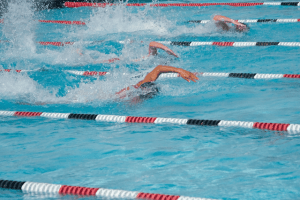
9 Reasons to Be Thankful for the Sport of Swimming
Swimmers have lots to be thankful for. Here are just 9 reasons we have to be thankful for the sport of swimming.
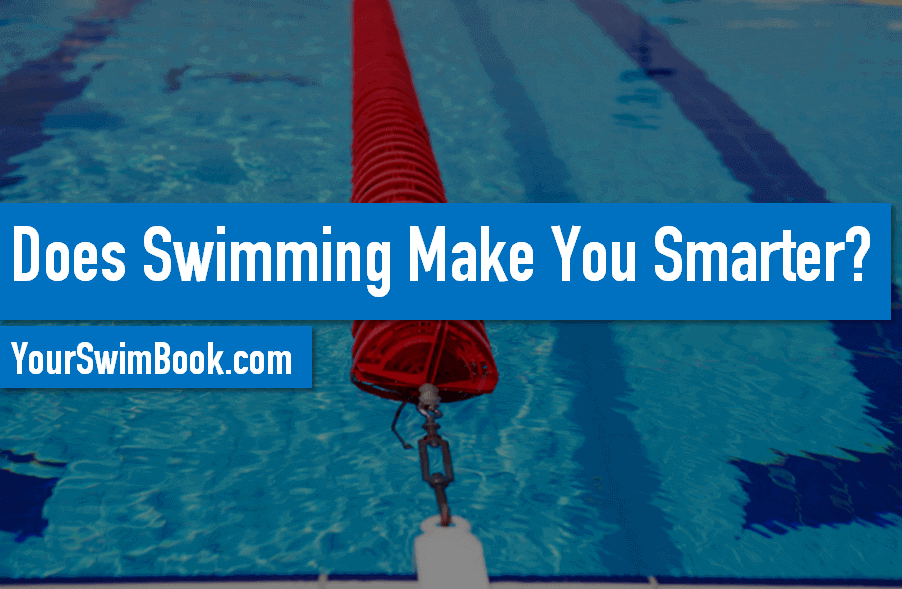
Anecdotally, we like to think that swimming makes us at least somewhat smarter.
One look at the whiteboard at most practices and the unknowing passerby could easily mistake one of our workouts for a Fourier equation.

On top of the avalanche of brackets, shorthand and staggered intervals that litters the workout, and the laundry list of physical health benefits of lap swimming, there is also the constant mental processing we are doing over the course of our practice.
Mid-swim we are usually counting strokes, counting fly kicks off the wall, breathing patterns, while also keeping an eye on the pace clock and determining how fast we went out, versus how fast we need to get back.
All of that race-splitting, counting, dividing, and extended bouts of focus required over the course of long workouts can’t not make us smarter, right?
While the evidence for more experienced swimmers is still left to anecdotal and gut feeling, research done on younger swimmers showed that toddlers who get into learn to swim programs earlier than their peers do see significant improvements in motor skill development.
A three year study based out of Australia that followed some 7,000 five and unders from Australia, New Zealand and the United States showed that children who began swimming lessons earlier were more advanced in motor skills—sometimes as far ahead as two years advanced of where “normal” kids ranked and physical milestones.
As well as achieving physical milestones faster, children also scored significantly better in visual-motor skills such as cutting paper, colouring in and drawing lines and shapes, and many mathematically-related tasks. Their oral expression was also better as well as in the general areas of literacy and numeracy.
It goes without saying that these types of skills are massively important and valuable as these youngsters shift into school.
Additionally, it showed that there were significant differences between the swimmer group and the non-swimmer that was indifferent to the family’s socioeconomic status.
Legendary Australian swim coach Laurie Lawrence, who coached Olympians Duncan Armstrong, Tracey Wickham and Jon Sieben, has been passionate about advocating swimming’s benefits for the overall health of young people:
“It’s been a dream of mine for a long, long time to prove that children who start lessons early, it builds their social, emotional, physical and intellectual capital. They’re smarter, they’re better coordinated, all those things.”
For a sport that has a hard time differentiating itself from the major sports (football, etc. in the US, hockey in Canada), this is an easy sell for local swimming clubs that are looking to swell the grassroots level of the organization.
Touting this research as proof that kids can get a head start in life via swimming lessons is an easy way to promote the benefits of the sport to the local community.
With major swimming organizations– particularly USA Swimming with it’s #funnestsport campaign– touting the joyous benefits of the sport, they should also remind parents that it can also be the #smartestsport.
YourSwimBook is a log book and goal setting guide designed specifically for competitive swimmers. It includes a ten month log book,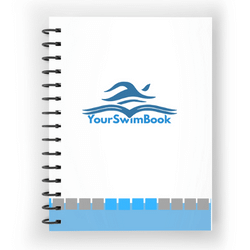
Learn 8 more reasons why this tool kicks butt now.
Join the YourSwimBook weekly newsletter and get motivational tips and more straight to your inbox. Sign up for free here.

Olivier Poirier-Leroy Olivier Poirier-Leroy is the founder of YourSwimLog.com. He is an author, former national level swimmer, two-time Olympic Trials qualifier, and swim coach.
✅ Free shipping on Orders over $49
✅ Price Match Guarantee
✅ Best selection of gear for training and competition
✅ Fast and Easy Returns

“This is the best book I have ever seen concerning mental training.” — Ray Benecki, Head Coach, The FISH Swim Team


Swimmers have lots to be thankful for. Here are just 9 reasons we have to be thankful for the sport of swimming.
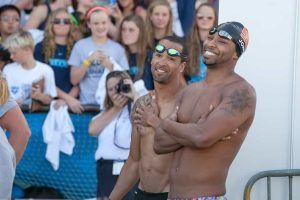
Tight lane ropes, pace clocks that are easy to read, and lane-mates that can circle swim properly. Here 16 ideas for presents that swimmers actually want.

Here it is, the long awaited follow up to 2012’s “Call Me Maybe” video. Here is USA Swimming ‘s Rio Team doing Carpool Karaoke. View the video here.

1. Napoleon doesn’t like it when you leave early, and neither do the rest of us. 2. A personal favorite. As someone who swam in a dark pool for much of my childhood, this was also the way that we typically viewed the pace clocks. 3. For those who like
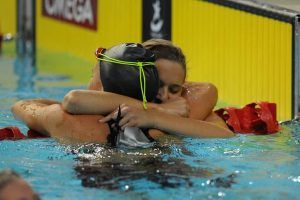
Being a great teammate is more than just being a good person. By being an awesome teammate you help create a culture that fosters excellence for everyone in the pool (including yourself). We’ve all had those teammates whose positivity is infectious. Who cheers on the superstars and the little kids.
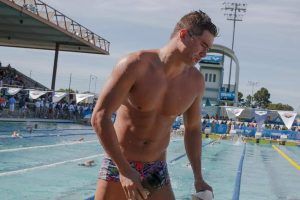
Sure, the life of a sprinter might look nice. Short workouts, some sprinting here-and-there, and some work on those starts and turns. As a sprinter you know that the life isn’t quite that easy. The reps are always at the highest intensity possible. And your races can be completely decided by
SITE
SHOP
GUIDES

LANE 6 PUBLISHING LLC © 2012-2025
Join 33,000+ swimmers and swim coaches learning what it takes to swim faster.
Technique tips, training research, mental training skills, and lessons and advice from the best swimmers and coaches on the planet.
No Spam, Ever. Unsubscribe anytime.
